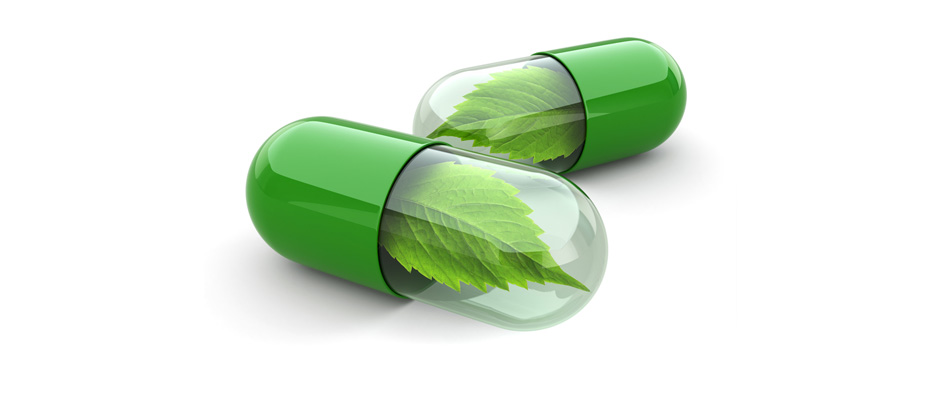How Resveratrol is effective in endometriosis?
Jun 10, 2017
Resveratrol could potentially be a treatment option for individuals who have endometriosis.
Key Points
Highlight:
- Resveratrol, a naturally occurring plant-based compound, has been shown to counteract many of the theorized molecular mechanisms that cause endometriosis.
Importance:
- Resveratrol could potentially be a treatment option for individuals who have endometriosis.
What’s done here?
- This review paper discusses possible explanations for the etiology of endometriosis and cites various studies that show how Resveratrol combats the hypothesized pathogenesis.
Key results:
- Resveratrol has antioxidant properties that can be used to combat the effects of oxidative stress seen in individuals with endometriosis
- Resveratrol has pro-apoptotic properties that target the problematic endometrial tissue.
- Resveratrol has anti-inflammatory properties that are critical for treating a pelvic inflammatory condition like endometriosis.
- Resveratrol counteracts peritoneal invasion by molecules involved in invasion (such as matrix metalloproteinases-MMPs).
- Resveratrol has anti-angiogenic properties that inhibit the development of endometriotic lesions.
Limitations of the study:
- While Resveratrol does not appear to have an adverse health effect, further testing is required to determine its feasibility as a treatment option.
- The exact molecular mechanism governing endometriosis needs to be understood.
Lay Summary
In their review paper, Mohammadi and Arablou recommend using Resveratrol, a plant-derived compound, for the treatment of endometriosis. Resveratrol is abundant in nature and can be found in many different plant species, fungi, berries, peanuts, legumes, and grasses; however, grapes and red wines are considered the primary source of Resveratrol. Experiments done in rats and humans show that Resveratrol is absorbed by the intestines and is later metabolized in the liver. Finally, renal excretion also allows Resveratrol to exit the body and in humans. Till date, there is no conclusive proof that the use of Resveratrol can cause adverse health effects. Previous experiments have illustrated the potential benefits of Resveratrol as an anti-tumorigenic, anti-inflammatory and anti-oxidant. Additionally, Resveratrol has also been shown to delay the onset of and control a multitude of age-associated illnesses. In addition to endometriosis, Resveratrol could be used to prevent and treat a multitude of diseases such as cancer, arthritis, cardiovascular disease, diabetes, and neurodegenerative diseases.
The pathogenesis of endometriosis is still relatively unknown but a multitude of studies have reported that Resveratrol has various molecular and cellular mechanisms that relate to endometriosis. Oxidative stress - which is the result of a reactive oxygen species (ROS) and reactive nitrogen species (RNS) imbalance and the subsequent inability of the body to use antioxidants to neutralize the effects of this harmful ROS/RNS ratio. Specifically, in endometriosis, oxidative stress is caused by inflammation and increased levels of peritoneal macrophages thought to be the result of iron overload from hemoglobin breakdown. The aforementioned theory is confirmed by the upregulation of nuclear factor kappa B (NF-k β), a transcription factor, in endometriosis patients. This upregulation is indicative of increased ROS and iron. It has also been revealed that individuals with endometriosis have low levels of antioxidants. Resveratrol could potentially be utilized as an increased antioxidant that can target and reduce ROS.
Resveratrol can also induce apoptosis in endometrial tissue by its pro-apoptotic effects. it has been shown to increase apoptosis in cells that affect those with endometriosis.
Its anti-inflammatory properties can be utilized when treating endometriosis and other chronic inflammatory diseases like hepatitis and colitis. Furthermore, Resveratrol counteracts peritoneal invasion by molecules involved in invasion (such as matrix metalloproteinases-MMPs).
Angiogenesis, blood vessel formation, is another essential mechanism for the creation and subsequent maintenance of lesions found in those with endometriosis. Resveratrol suppresses these angiogenic factors. Additionally, Resveratrol has been shown to reduce the size and number of lesions.
In conclusion, it is evident that exact mechanism of endometriosis remains at large; however, Resveratrol has proven its effectiveness as a potential candidate for the treatment of endometriosis. It is important to note that further testing will need to be done before the drug can be considered as a treatment option.
Research Source: https://www.ncbi.nlm.nih.gov/pubmed/28458160
resveratrol endometriosis natural treatment of endometriosis

